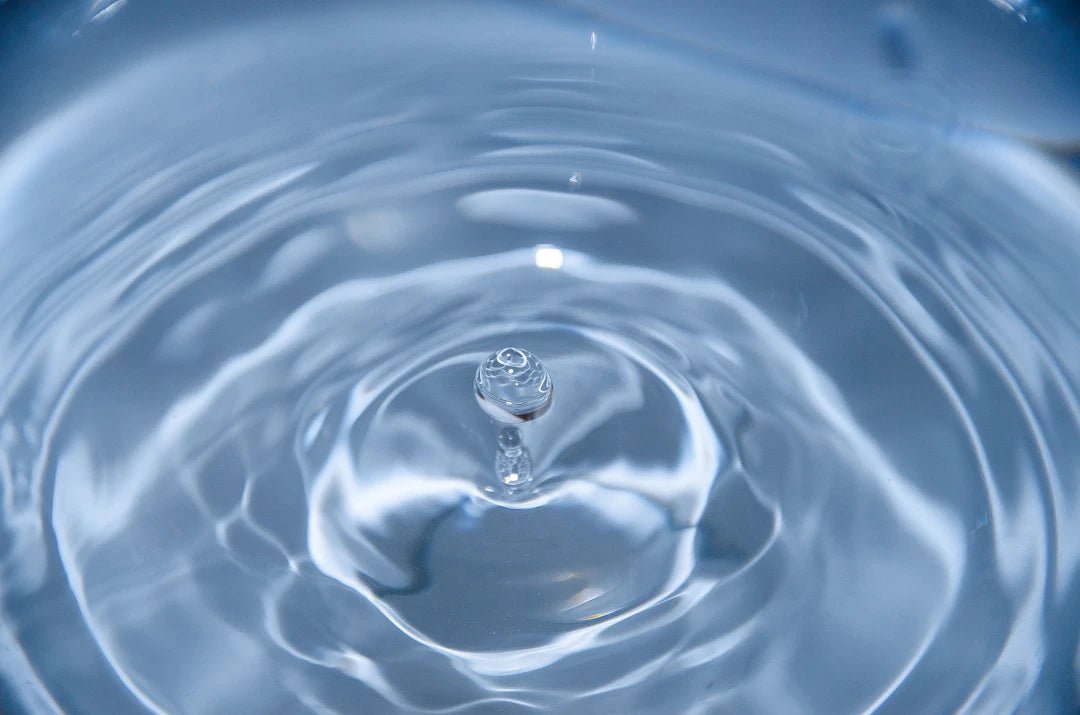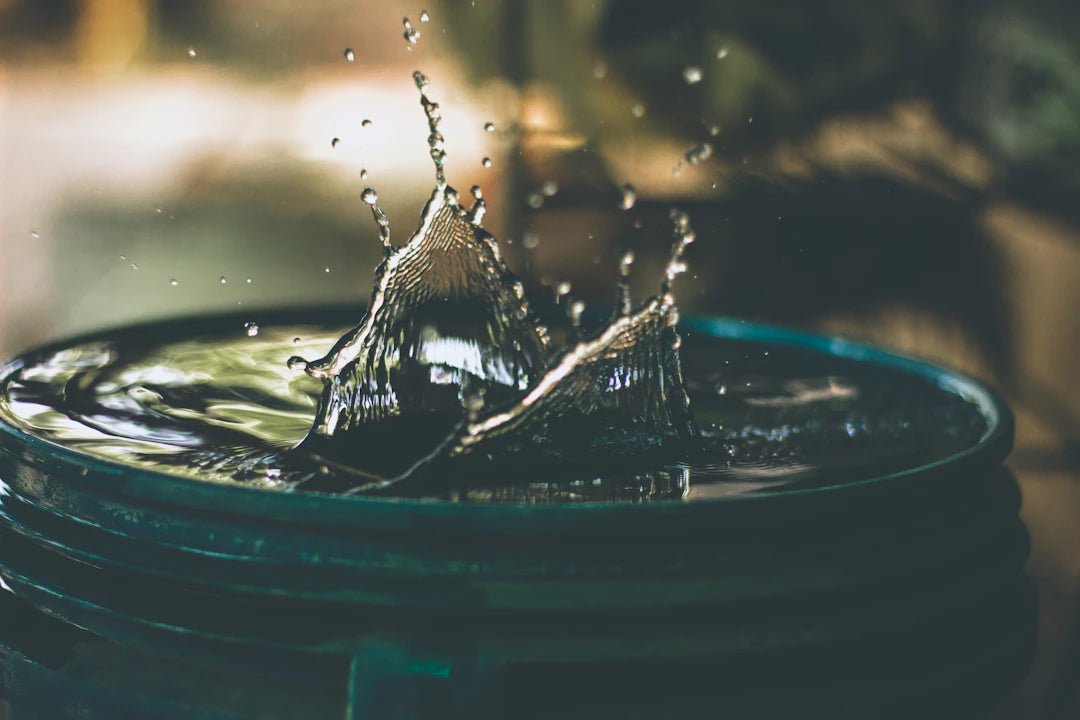Understanding Australia's Water Purification Regulations
Overview
Understanding government regulations on water purification in Australia is essential for ensuring safe drinking water. Key regulations, such as the Australian Drinking Water Guidelines, guide the design and operation of water filtration systems like the Rippl Pure Water Filter. Technological advancements, sustainability efforts, and consumer education play vital roles in maintaining water quality. As challenges like climate change and population growth increase, innovation driven by regulation will shape the future of water purification in Australia.
Frequently Asked Questions
1. What are the main government regulations impacting water purification in Australia?
2. Why are government regulations important for water purification?
3. What role does the Rippl Pure Water Filter play in complying with regulations?
4. How can consumers ensure their water filtration systems meet safety standards?
5. What future trends can we expect in Australia's water purification industry?
As Australia faces challenges regarding water quality and availability, understanding the government regulations affecting water purification is essential for consumers and businesses alike. With a focus on ensuring safe drinking water, regulations influence production, distribution, and technologies involved in water filtration systems across the country. One significant solution for achieving cleaner and safer water is the Rippl Pure Water Filter, which fits seamlessly into this regulatory framework.
The Importance of Government Regulations in Water Purification
Australia is renowned for its stunning landscapes and abundant natural resources. However, the country's vast geography presents unique challenges, highlighting the importance of effective government policies. Water purification regulations play a crucial role in protecting public health, ensuring the sustainability of water resources, and enhancing consumer trust.
The Role of Australian Health Authorities
In Australia, various government authorities oversee water quality and purification processes. The National Health and Medical Research Council (NHMRC) establishes guidelines for drinking water quality. These guidelines provide a benchmark for the safe levels of contaminants and ensure that water filtration systems, such as the Rippl Pure, adhere to health standards.
Furthermore, each state and territory has its own regulations and governing bodies that enforce compliance with the national guidelines, resulting in a layered approach to water safety. This decentralized system ensures that local factors affecting water sources are taken into consideration while implementing effective purification processes.
Key Regulations Impacting Water Filtration Systems
Several regulations and standards affect how water filters are designed, tested, and implemented in Australia. Let's explore some of the most significant regulations that guide the industry:
The Drinking Water Guidelines
As mentioned earlier, the NHMRC provides the Australian Drinking Water Guidelines (ADWG). These guidelines serve as a comprehensive framework for managing drinking water quality and provide recommendations for effective water purification methods. The guidelines include:
- Health-based targets for specific contaminants
- Recommended monitoring programs for drinking water quality
- Best practices for water filtration systems, including reverse osmosis techniques
By following these guidelines, water filtration systems like the Rippl Pure Water Filter ensure they meet the health requirements set forth by the government, creating a safer environment for all Australians.
State and Territory Regulations
Each state and territory in Australia has its unique set of regulations tailored to address local concerns. For instance:
- Victoria: The Safe Drinking Water Act mandates that all water suppliers monitor and report on water quality at regular intervals.
- New South Wales: The Water Management Act includes provisions for water access, efficiency, and quality, ensuring that water filtration systems function optimally.
- Queensland: The Water Supply Act governs the management of drinking water supplies, affecting the installation and maintenance of filtration systems.
This layered regulatory structure means that consumers must stay informed about local laws and guidelines that impact their access to safe drinking water through effective water filtration systems.
Technological Compliance and Innovation
To comply with government regulations, many companies are focusing on technological advancements to improve water purification methods. Innovative solutions like the Rippl Pure Water Filter utilize state-of-the-art technology, such as reverse osmosis, to enhance water quality while meeting government requirements.
Reverse Osmosis: A Breakthrough Technology
Reverse osmosis is a highly advanced filtration technique that involves pushing water through a semi-permeable membrane. This process removes a wide range of contaminants, including salts, bacteria, and other impurities. Governments have recognized the potential of reverse osmosis technology to produce clean drinking water efficiently and safely.
As a result, water filtration systems utilizing reverse osmosis are often encouraged under various regulations, making them popular choices among consumers. Products like the Rippl Pure incorporate innovative designs to ensure effective purification while being compliant with regulatory standards.
Environmental Considerations in Water Purification
Sustainability is a pressing concern in Australia, as water scarcity is becoming an increasingly prevalent issue. Government regulations also emphasize the need for environmentally friendly practices when it comes to water purification. Regulations drive companies to develop water filtration systems that are not only effective but also sustainable.
Energy Efficiency and Waste Management
As part of the ongoing efforts to improve water conservation, regulations dictate the energy efficiency of water purification processes. Systems should minimize energy consumption while effectively filtering water. Additionally, the management of waste produced during filtration, such as contaminants and brine, is strictly monitored to avoid harming the environment.
Australian companies are now exploring eco-friendly practices in their designs, leading to innovative solutions that help preserve precious water resources. The Rippl Pure Water Filter aims to incorporate these sustainable approaches, resonating with both consumers and regulators.
Consumer Awareness and Education
With the regulatory landscape surrounding water purification being intricate, it is essential for consumers to be informed about their rights and the standards that protect their health. Governments encourage awareness campaigns to educate the public about the importance of safe drinking water and the role that water filtration systems play in achieving it.
The Role of Certifications
When evaluating water filters, consumers should look for certifications that indicate compliance with Australian regulations. The WaterMark certification, for example, confirms that a product meets relevant Australian standards for water quality, safety, and efficiency. Filters like the Rippl Pure may display this certification, building consumer trust and confidence.
Furthermore, consumers should be aware of the importance of regularly maintaining their filters to ensure optimal performance. Government regulations often include requirements for manufacturers to provide clear guidelines on usage and maintenance, empowering consumers to take an active role in their health.
Looking Ahead: The Future of Water Purification in Australia
As Australia grapples with challenges such as population growth, climate change, and pollution, the importance of implementing comprehensive regulations surrounding water purification will only increase. The focus on safety, sustainability, and innovation is expected to shape the future of water filtration systems.
Innovation Driven by Regulation
Manufacturers of water filtration systems will continue to innovate, creating more efficient and effective purifiers that adhere to evolving government standards. The integration of smart technology, enhanced filtration methods, and eco-friendly practices will be crucial in meeting future demands.
Products like the Rippl Pure Water Filter are just the tip of the iceberg when it comes to technological advancements in Australia’s water purification industry. Partnerships between government bodies, manufacturers, and consumers will drive the continued development of products that meet regulatory standards and consumer needs.
Embrace Your Right to Pure Water
In summary, understanding the regulations that govern water purification in Australia is crucial for making informed decisions about the water filtration systems you choose. As the landscape continues to evolve, it is essential to stay engaged with these regulations and seek out solutions like the Rippl Pure Water Filter that prioritize safety and sustainability on top of meeting compliance. By making educated choices, you can ensure access to clean, safe, and healthy water for yourself and future generations. After all, we all deserve to enjoy the purest form of water possible!
Linked Product

Rippl Pure Water Filter
The Rippl Pure Water Filter utilizes advanced reverse osmosis technology to provide instant access to both hot and cold purified water, making it a practical choice for homes focused on health and hydration. By ensuring high-quality water, it aligns with the need for compliance with government regulations surrounding water purification standards in Australia. This system not only supports daily hydration but also contributes to overall wellness, making it a valuable addition to any health-conscious household.
View ProductExplore the creations of a fellow Shopify or Wix store owner. Follow this link to their online store. Please be advised that this is a promotional link, and we cannot guarantee the content of the linked store.



